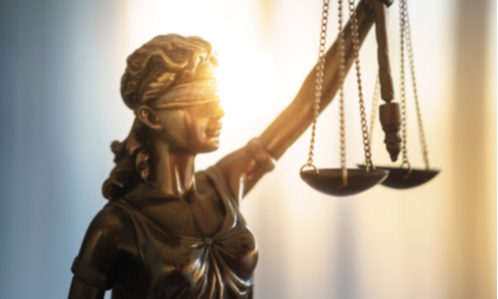According to Law 360, the Federal Communications Commission (FCC) has officially asked the US Supreme Court to step in and uphold its move to relax local media ownership rules after the agency’s long-running battle with a Third Circuit panel.
The FCC, with help from the US solicitor general’s office, petitioned the court Friday, April 17, to review the Third Circuit’s latest decision that struck down the new rules as arbitrary and capricious. The agency is trying to loosen ownership restrictions in light of what it calls “dramatic changes to the media landscape.”
“The Supreme Court’s intervention is necessary to restore the Commission’s discretion to regulate in the public interest and modernize media ownership regulation for the digital age, as Congress intended,” FCC Chairman Ajit Pai said in a statement. The FCC had been considering an appeal to the high court for months, and the government sought and received an extension of time to file the petition.
The nearly two-decade dispute in the Third Circuit involves demands by a federal court that the FCC collect more data on demographics in media ownership and how its policies affect broadcast diversity before loosening ownership regulations, including rules that one company not own more than one top station in the same market.
The Third Circuit on November 20 turned down the FCC majority’s bid for full-court review of the panel’s order requiring the agency to rework some of its media ownership rules. The FCC argues that the judges have effectively held hostage the agency’s authority over media mergers and acquisitions for more than a decade by repeatedly striking down its deregulation efforts.
“The court’s decisions have frozen in place decades-old ownership restrictions that have long outlived their competitive usefulness in light of dramatic upheavals in the media markets,” the agency wrote in its petition.
Counsel for public interest groups challenging the FCC’s efforts to deregulate said there’s no reason for the Supreme Court to take the case.
“There is no circuit conflict,” Andrew Jay Schwartzman of the Benton Institute said in a statement to Law360. “The same unique statutory issue presented in the cert petitions was first decided by the Third Circuit in 2011, reaffirmed in 2016 and re-reaffirmed in 2019. It is far too late to ask the Supreme Court to intercede, especially in a matter of such limited scope.”
Full Content: Law 360
Want more news? Subscribe to CPI’s free daily newsletter for more headlines and updates on antitrust developments around the world.

